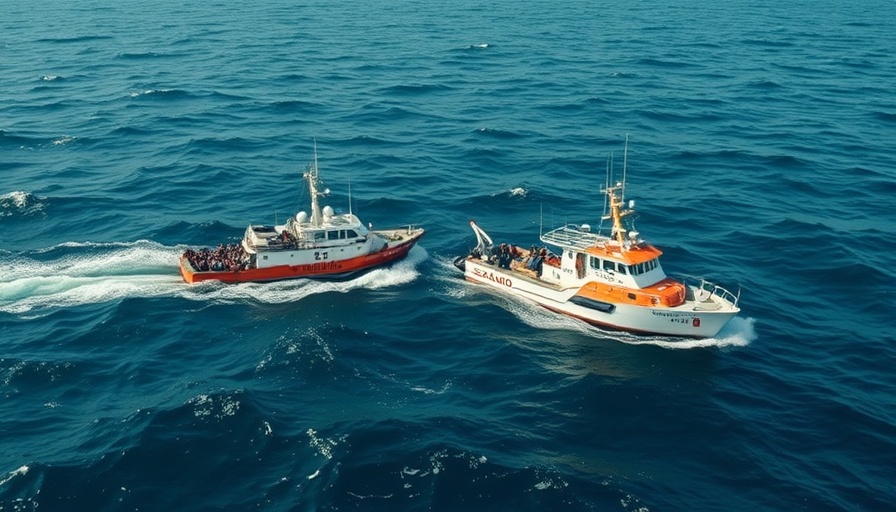
Urban Expansion Threatens Florida Panthers
The Florida panther is facing an alarming increase in threats due to urban sprawl and traffic. As cities expand into the once-quiet habitats of these endangered cats, collisions with vehicles become more frequent. In 2024 alone, state wildlife officials recorded 36 panther deaths, a somber milestone that underscores the urgent need for action. The young male panther known as UCFP479 tragically became the first to die in 2025 after being struck by a vehicle.
The Habitat Crisis
Once ranging widely across the southeastern United States, the Florida panther has seen its population sharply decline due to hunting and habitat destruction. Today, only about 120 to 230 adult panthers survive in southwestern Florida, confined to a shrinking area of approximately 2 million acres. Environmental experts, including Michael McGrath from the Sierra Club, warn that continued development will lead only to more deaths, stating, "Sprawl kills." In contrast to their past, these magnificent animals are forced into ever-narrowing corridors, where roads and homes now disrupt their ancient movements.
Calls to Action
Environmental advocacy groups, led by organizations like the Conservancy of Southwest Florida, are engaged in a relentless battle against development projects threatening panther habitats. “We have to fight until that last decision is made,” said Amber Crooks, environmental policy manager. Their mission is not only critical for the survival of the panther but alert the public about the unfolding crisis involving wildlife displacement and the consequential loss of biodiversity.
Historical Context and Conservation Efforts
The Florida panther is the only established population of pumas east of the Mississippi River and has been federally listed as endangered since 1967. Conservation efforts have a checkered past, where in the 1990s, their numbers dwindled almost to extinction due to inbreeding. Thankfully, a successful breeding program was initiated with Texas pumas, which has bolstered the genetic diversity and population size.
Preventing Future Collisions
As panthers continue to face threats from both urban expansion and disease, greater awareness and proactive measures are crucial. Educating local communities about wildlife crossings, promoting responsible development, and implementing traffic regulations could make a formidable difference in panther survival rates. Every effort counts as we seek to coexist in harmony with our wildlife.
Conclusion: A Critical Juncture for Florida Panthers
The future of the Florida panther hangs in the balance. By understanding the challenges they face due to urban development and sharing this knowledge within our communities, we can work together to protect and preserve the habitats essential to the survival of this magnificent species. We must advocate for effective policies that ensure both wildlife and urban growth can thrive responsibly.
 Add Row
Add Row  Add
Add 



Write A Comment